ID Number and the New Health System
29/05/2015
Doubtless; the recent decision of the Cabinet to set up a national unified database for all medical registers for the sick – via e-linkage among public sector and private sector hospitals reporting to either the Ministry of Health or the Health Authorities in Abu Dhabi and Dubai and the Emirates Identity Authority – will serve the government’s policy of strengthening relations among institutions. The e-linkage will be established by using the ID card in the provision of government services and adopting the unique ID number as the unified number for updating patients’ data.
The decision is in sync with the UAE’s efforts to establish a national health care system on par with the global standards as per the UAE Vision 2021. This is in order to strengthen the competitive edge of the country in health care and enhance its global ranking as per the performance indicators of health systems according to the World Health Organization. As of now, the UAE enjoys the 27th ranking globally in the WHO assessment.
The decision came at the same time as the announcement of the government’s smart transition in regard to government services reaching 96.3% with 331 services provided to the public on a daily basis having been made ‘smart’. It is a significant step in the UAE’s efforts to keep pace with global changes by relying on technology and smart applications for purposes of improving the quality of life for the people.
The decision is expected to improve the medical services provided to the patients as it would make it easier for them to receive suitable treatment as it ensures easy access to their illness history right up to their family background.
Another important advantage of the decision is that it will create a national database of genetically transmitted diseases endemic to the country, making it easier for the concerned authorities in the country to conduct studies and research about them and to adopt policies as well as preventive and curative programs for the prevalent diseases in the local community, besides putting in place mechanisms and strategies suitable for enhancing the performance of medical institutions in general.
The new system will also reduce the cost of treatment individually and institutionally through reduction in average cost of medical tests and the utilization of the available data for purposes of medical research.
The enhancement of performance in the medical sector in the UAE is sure to improve the position of the country in the world map for medical tourism. This will also strengthen various other components of the whole process, such as government spending on the health sector, the infrastructure of the sector and medical projects with qualitative importance such as the Cleveland Clinic Abu Dhabi. This is in addition to the several medical legislations that the country adopted and its effort to enhance the standards for medical practices, such as the launch of the initiatives ‘the UAE Board’ and the decision to approve mobile health care to provide medical services to those who are unable to visit the hospitals such as the elderly living in remote areas. This is aimed at executing the UAE strategy of guaranteeing the right of every individual in the UAE society to receive basic and comprehensive medical care to the best standards and of giving care to the special needs people.
These intensive efforts are integral to a comprehensive development perspective that the UAE has adopted in order to make the standard of living in the UAE society one of the best in the world in various walks of life.
Latest Blogs
“Customer Councils” as an Opportunity to Improve Services and Enhance Transparency
Youth and Future Vision of the UAE ICP
Emirates Customs” a unified identity to enhance competitiveness
Zero Government Bureaucracy Programme… Emirati leadership
Cancellation of the ‘residence sticker’ is a step to make Customers Happy
The third generation of developed identity and citizenship services embodies the fifty principles
You can help us improve by providing your feedback about your experience.
Have you recently used our services through our digital platforms?

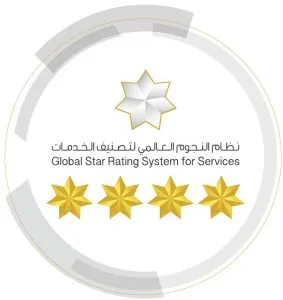
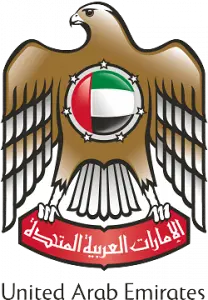
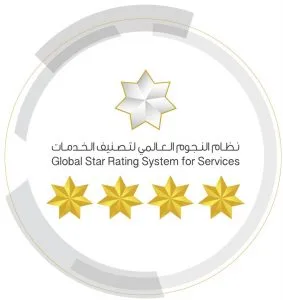
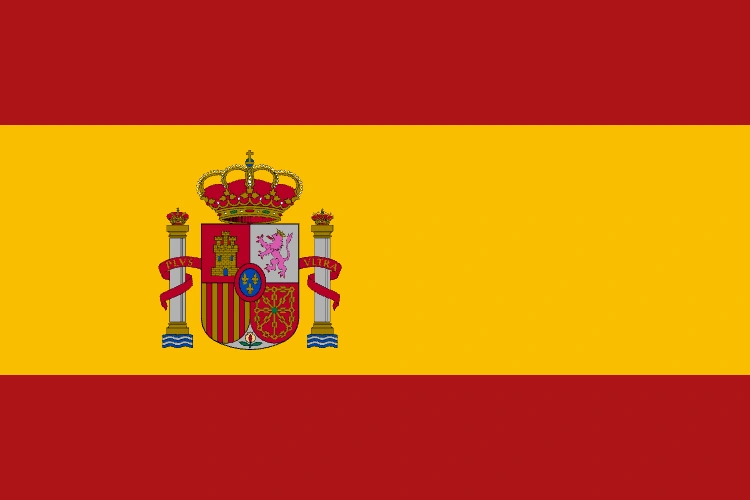
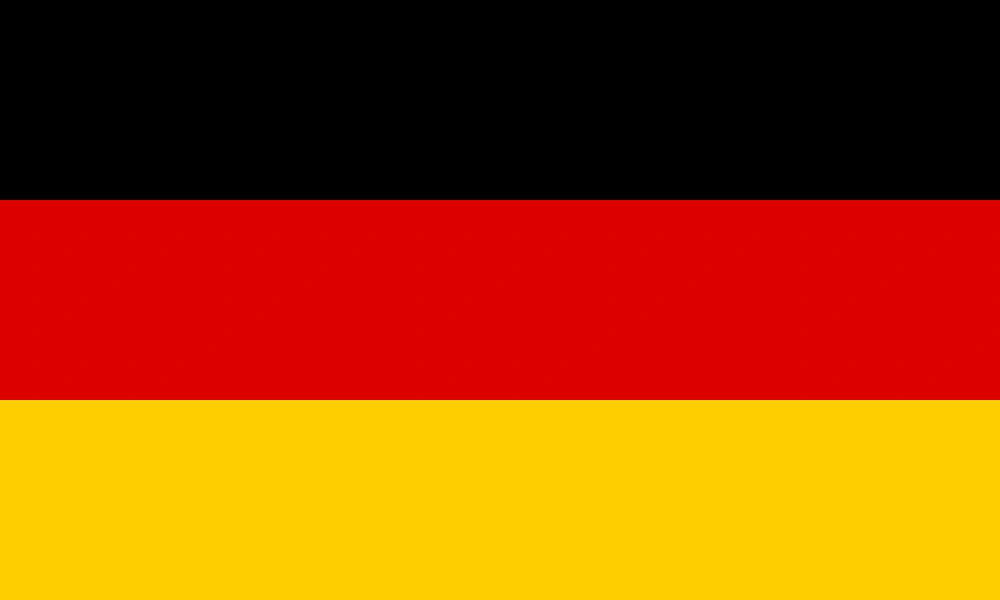 German
German Portuguese
Portuguese French
French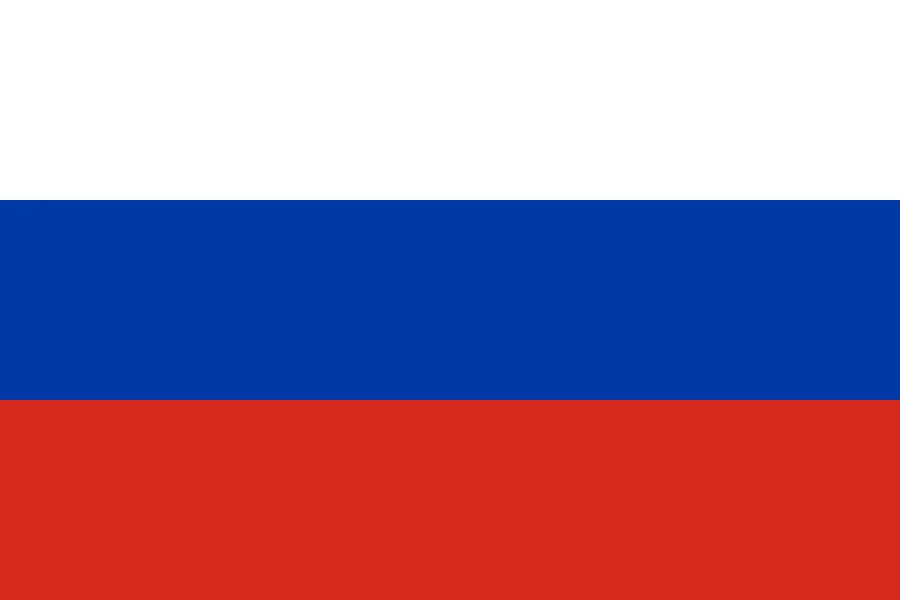 Russian
Russian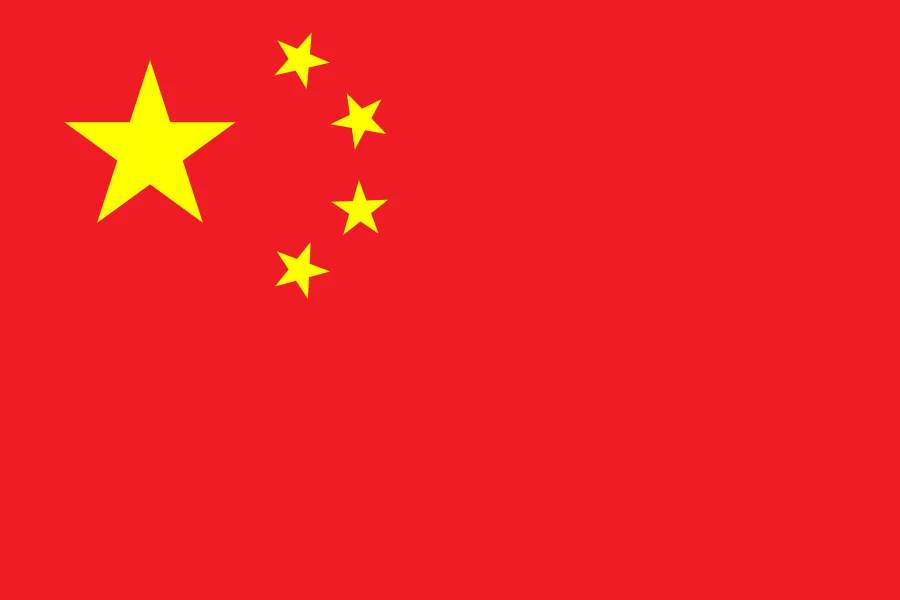 Chinese
Chinese
Rate your experience